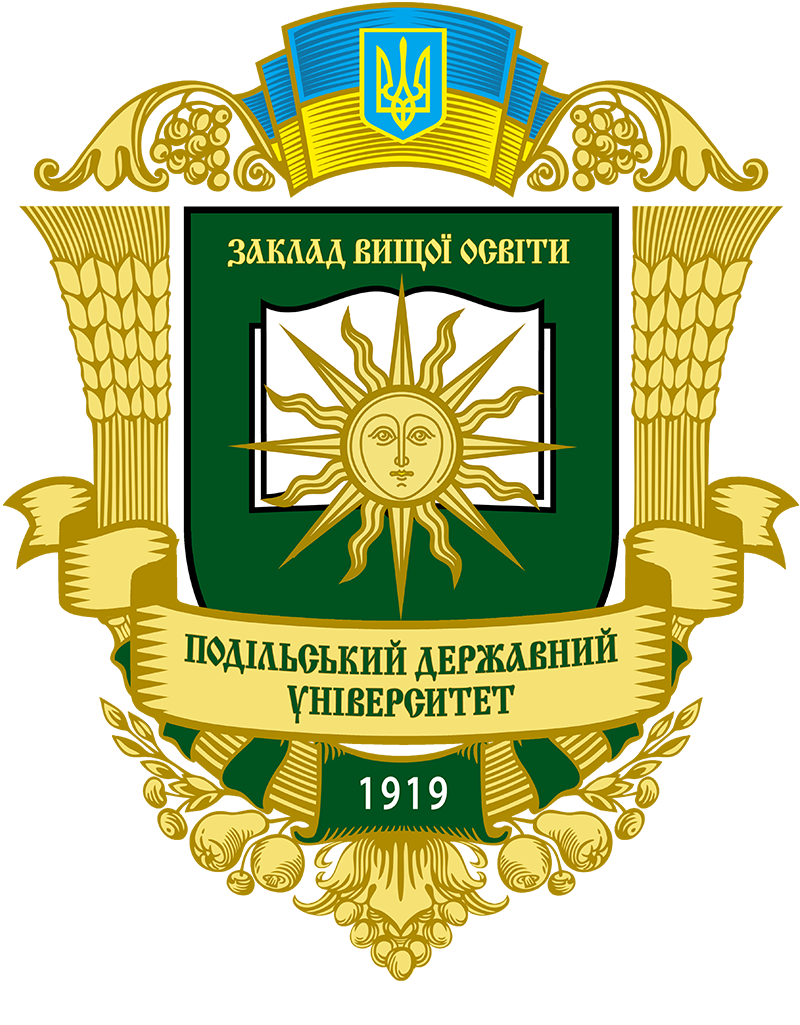APPLICATION OF PROJECT METHODOLOGY IN ENGLISH LANGUAGE LESSONS: THE UKRAINIAN CONTEXT
DOI:
https://doi.org/10.37406/2521-6449/2023-1-7Keywords:
project-based learning, English as a second language, information and communication technologies, modern teaching aidsAbstract
The subject of the paper is the employment of contemporary technologies in Ukrainian higher technical education institutes' project-based English classes. According to the author, project-based learning that incorporates ICT enables students to participate in the penetration into the depths of phenomena, live out specific problem scenarios, and become aware of genuine processes. The research was carried out utilizing a variety of techniques, including document analysis of educational programs, scientific literature, brainstorming, tutors' experiences, the interviewing of several hundred students, Ukrainian teachers, and the global educational environment. The analysis leads the researcher to the conclusion that the educational process employing project technology and the resources of the international network is founded on the logic of activities that are important to the researcher personally. In project activities, the author outlines the algorithm for building English classes utilizing contemporary technologies. Depending on the goal and layout of the instructional material, a session may include a number of mini-projects. Students can use this time to research the question that has been assigned to them via online resources. Teachers who practice project-based learning face difficulties getting their students to think critically, seek out solutions to issues, and draw on knowledge from a range of science and technology disciplines, including the use of contemporary ICT. Transforming the digitally mediated relationship between instructor and student is important to accomplish this. Moreover, the study has demonstrated the application of contemporary teaching methods, computer technology, and project activities in English sessions help students strengthen their communication and cultural abilities as well as develop their critical thinking and problem-solving abilities.
References
Веретенников В.І., Тарасенко Л.М., Гевлич Г.І. Управління проектами: Навчальний посібник. Київ: Центр навчальної літератури, 2006. 280 с.
Пєхота О.М. Освітні технології: навчально-методичний посібник / за ред. О.М. Пєхоти. Київ: А.С.К., 2004. 256 с.
Роляк А.О. Новітні трансформації в педагогічній освіті епохи постмодернізму: данський контекст. Наука ХХІ ст.: виклики та перспективи: колективна монографія / за заг. ред. В.В. Іванишин. Тернопіль: Осадца Ю.В., 2021. С. 179-191
Теорія і практика проектного навчання у професійно-технічних навчальних закладах: монографія / В. М. Аніщенко та ін.; за заг. ред. Н. В. Кулалаєвої. Житомир: «Полісся», 2019. 208 с.
Шацька З. Я. Впровадження проектних технологій в діяльність ВНЗ: переваги та недоліки. Вісник КНУТД. Серія «Економічні науки». 2015. С. 374–383.
Educational Dialogues: Understanding and Promoting Productive Interaction / C. Howe & K.Littleton (Eds.). London : Routledge, 2010. 368 p.
Monrad M. & Merete A.K. Problem-Based Learning in Social Work Education: Students’ Experiences in Denmark. Journal of Teaching in Social Work. 2017. Vol. 37. № 1. P. 71–86. DOI: http://dx.doi.org/10.1080/08841233.2016.1271382
Newell R. J. Passion for learning: How project-based learning meets the needs of 21st-century students. Manchester: R&L Education, 2003. 136 p.
Ogienko O., & Rolyak A. Humanization as the basic tendency of teacher education: European context. Education and Cultural Change: European Conference on Educational Research (ECER), Helsinki, Finland, 23-27 August 2010 Helsinki, 2010. P. 232–239.
Orchestrating inquiry learning / K. Littleton, E. Scanlon & M. Sharples (Eds.). Abingdon: Routledge, 2012. 240 p.
Roliak A. Digital tools in project-oriented English language teaching of students in management. Scientific Collection «InterConf+». 2023. Vol.143. №. 30. P. 113–119.
Roliak A., Dutka H., Mylytsya K., Matiienko O., Oliinyk N. Problem-based Learning in Pedagogic Tertiary Education: European Context Through Denmark Environment. Independent Journal of Management & Production. 2021. Vol.12. № 3. P. 1071–1084. DOI: https://doi.org/10.14807/ijmp.v12i3.1521








